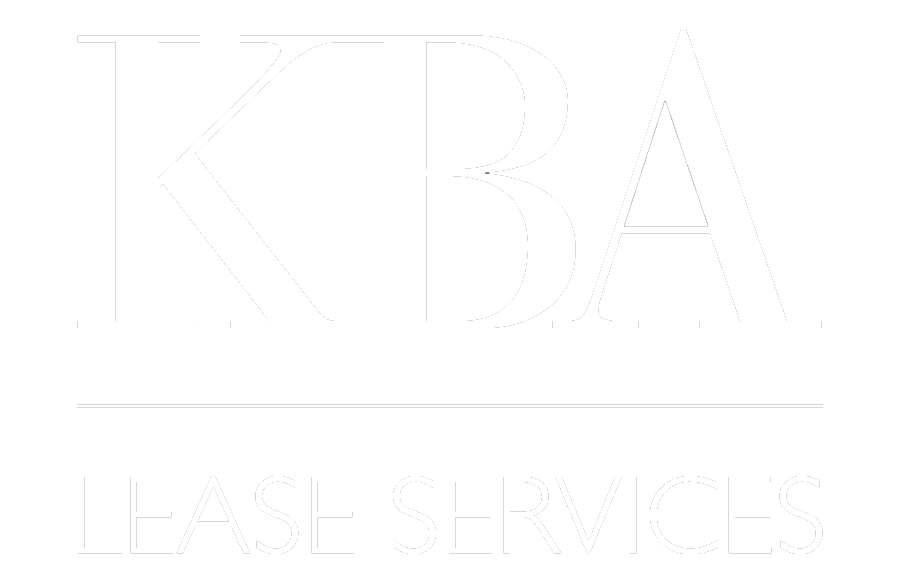Commercial leases are second only to payroll in significance for most companies, and up to 70% of rental costs can represent a tenant's share of building operating costs, taxes and utilities. Because the lease provisions governing these obligations are so complex, it is very common for landlords to bill tenants incorrectly.
In order to correct these errors, the tenant has the burden of identifying them and bringing them to the landlord’s attention. Unfortunately, most tenants lack the time or resources to do this, and just pay what the bills say. This leads to assumptions that the bills are correct, and the errors embed themselves in your leases, resulting in year after year overcharges.
Up to 70% of rental costs can represent the tenant's share of building operating costs, taxes and utilities
What is a Lease Audit?
A lease audit is a comprehensive analysis of lease terms and validation of charges to ensure that amounts billed are correct. It involves a disciplined review of lease documents, invoices and various other materials. It can also include a review of the property manager’s books and records as well as public records and other data.




